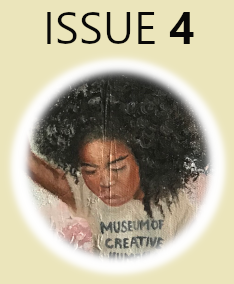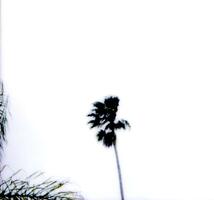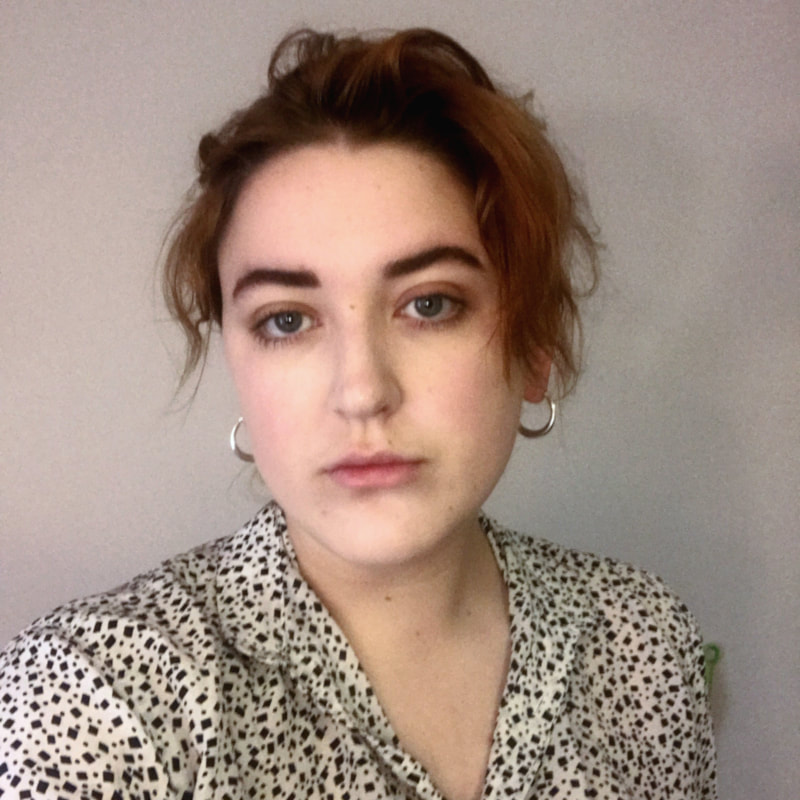VidaliaNonfiction by Maddie De Pree
Before we leave, I walk down the road and snap a Polaroid of a palm tree. It’s tall, and the fronds whip around in the wind. I stand in the street and watch the photo develop. The palm tree appears, but the sky behind it shows up blank. All white.
|





